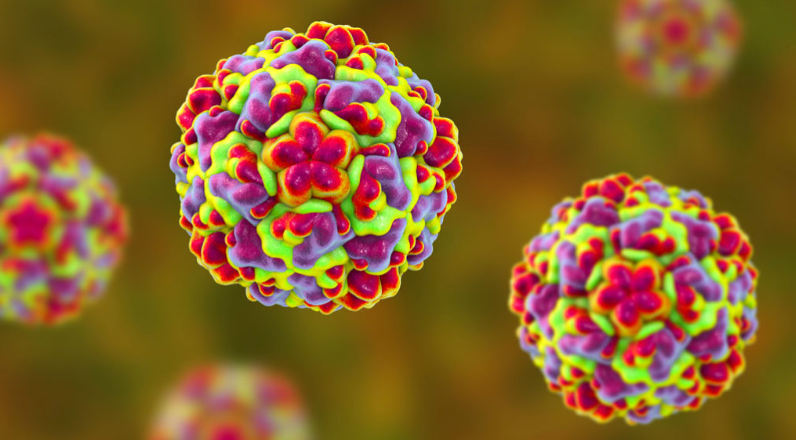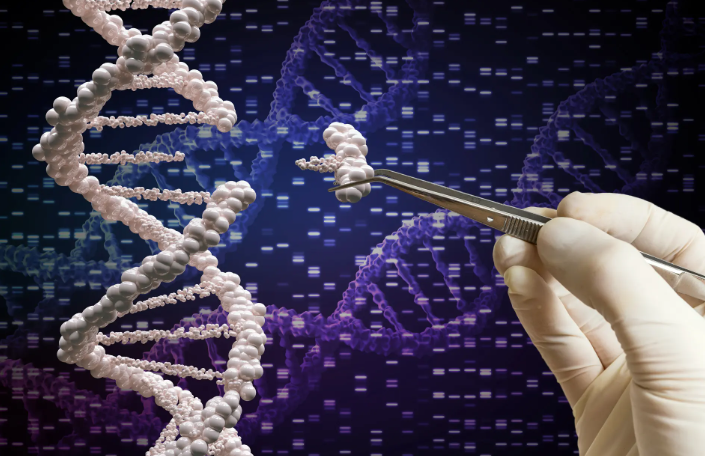Allergies to penicillin and its connection with the immune system gene

Effective against many bacterial infections, penicillin is often a first-line antibiotic, however it is also one of the most common causes of drug allergies. About 10 percent of people say they’ve had an allergic reaction to penicillin, according to the US Centers for Disease Control and Prevention. Now, researchers have found a genetic link to hypersensitivity that, while rarely deadly, can cause hives, wheezing, arrhythmias, and more.
People who report allergies to penicillin may have a genetic variation in an immune system gene that helps the body distinguish between our own cells, harmful bacteria and viruses; That hot spot is in the HLA-B major histocompatibility complex gene, according to pharmacologists. Several recent studies have linked distinct differences in HLA genes with bad reactions to specific drugs, for example, studies have linked an HLA-B variant with adverse reactions to an HIV/AIDS drug called abacavir, and have linked an HLA variant -B different with allergic reactions to the medicine for gout allopurinol. So it is understandable that this group of HLA variants could predispose us to a higher risk of allergic drug reactions.

For the penicillin study, the team searched more than 600,000 electronic health records that included genetic information from people who reported allergies to penicillin. The researchers used various genetic search tools, which comb through DNA for genetic variations that may be linked to a health problem. Their search turned up a specific spot on chromosome 6, in a variant called HLA-B.
The group then compared their results to 1.12 million people of European descent in the genetic testing company’s research database and found the same link. A check of smaller databases, including people with East Asian, Middle Eastern, and African ancestry, found no similar connection, although those sample sizes were too small to be sure.

Allergies to penicillin often begin in childhood but may subside over time, making the drugs safer some years later, in this study, self-reported allergies were not confirmed with a test, so there is the possibility that some participants may have been misclassified.
The distinction is important, because about 90 percent of patients who claim to be allergic to penicillin can actually take the drug safely, yet those people may be given a more expensive antibiotic that may not work as well. Less effective antibiotics can make patients more prone to infections with bacteria that are resistant to the drugs.





Responses